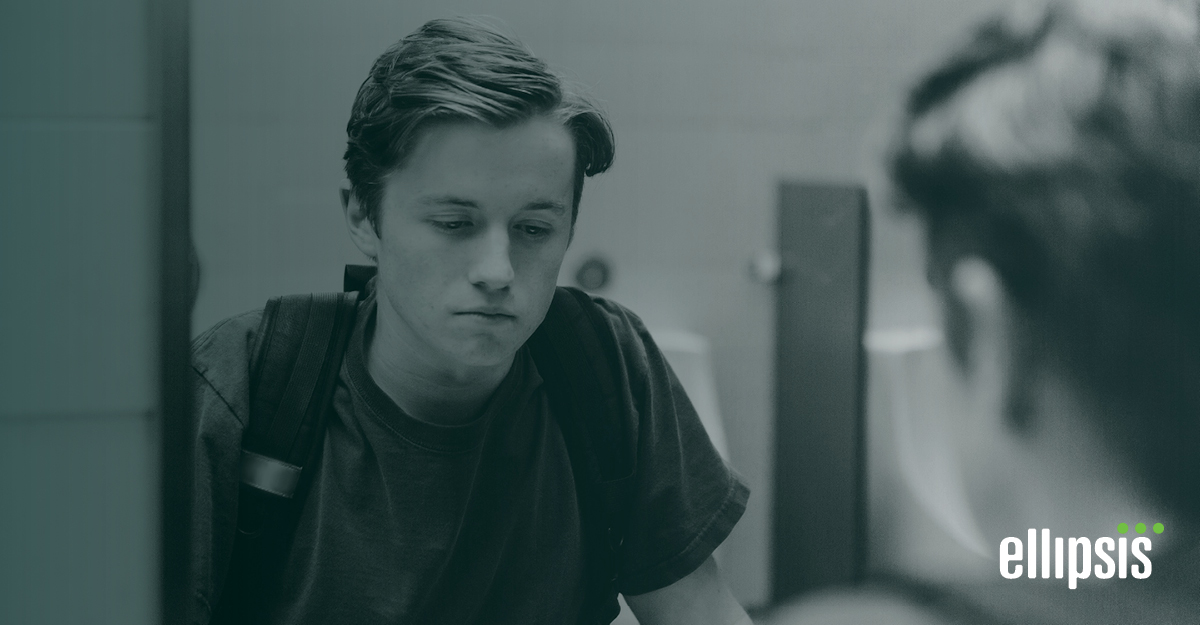Are you one of the nearly one-third of Americans who set a New Year’s resolution related to their mental health? The new year is often a time to reset with a fresh outlook, but for those who are struggling day to day, setting a long-term goal can feel overwhelming.
In fact, 37% of Americans rated their mental health as only fair or poor by the end of 2022, up from 2021 when 31% rated their mental health as fair or poor. Adults, teens and even children struggle with mental health, and negative behaviors can be a symptom of those issues.
Here are ways to start focusing on your and your child’s mental health needs.
Set a good example.
Parents and caregivers, you can set a good example by prioritizing your own mental health. You may have heard the common saying “You can’t pour from an empty cup.” If your own mental health is exhausted, it’s even harder to parent or help others succeed.
While self-care may look different each individual, consider adding a form of therapy — individual or group, for instance — into your 2023 schedule to get advice from an objective, compassionate professional to improve your quality of life. By showing those around you that you work to improve your own mental health, they’ll understand that seeking mental health help is normal.
If you’re not sure where to start, consider asking your primary health provider for a referral or ask your insurance company to recommend therapists in your area. Telehealth options may be available for those who struggle to fit therapy into their schedule or can’t travel to meet in person.

Take teens’ and children’s mental health seriously.
Just like adults, children and teens experience brain health challenges for many reasons. Uneasiness at home, past trauma, puberty, bullying, anxiety about making friends or getting good grades, preparing for life after high school and more can create or add to mental health struggles.
The most common mental health struggles American kids and teens face are anxiety and depression disorders. More than one-third of 13- to 18-year-olds have anxiety disorders, according to the U.S. Department of Health and Human Services. Nearly 5% of kids aged 3 to 17 are estimated to have depression.
It’s important that adults don’t dismiss or downplay children’s and teen’s mental health issues. Keep an ear tuned to subtle statements adolescents might make about their self-esteem, thoughts of self-harm or feelings of overwhelm. Have a conversation about mental health. Listen and react with seriously but without so much emotion that they may regret confiding in you. Ask how you can help and offer to seek professional mental health help through Ellipsis’ services, school resources or a primary health provider.
Remember: Behavior communicates a need.
Most often, children and teens won’t or don’t have the capacity to recognize or tell adults that their mental health is suffering. They likely will communicate their struggles through behaviors, even inappropriate behaviors.
Some warning signs that your child or teen is struggling.
- Frequent temper tantrums, irritability.
- Academic struggles.
- Low energy, loss of interest.
- Changes in sleep pattern.
- Self-isolation.
- Repetitive actions.
- Frequent worrying.
- High energy, inability to sit still.
- Difficulty communicating or making friends.
- Excessive dieting or exercise.
- Drug and alcohol use.
- Destructive behavior.
Though inappropriate behaviors can strain relationships and stress families, it’s important to remember that acting-out children and teens are not “bad kids.” They have needs that haven’t or aren’t being met, which could be leading to difficult behaviors. Progress can be made through consistent support that reinforces positive behaviors — not necessarily strict punishment for negative behavior.
Having kids and teens set behavior goals with caregivers can help them feel understood. Talk with your child about some negative and positive behaviors associated with real-life scenarios. Agree upon consequences for inappropriate behaviors and rewards for positive behaviors, which could be as simple as acknowledging and complimenting a child when they carry out a daily chore, for instance.
Make sure consequences relate to the behavior. If a teen is engaging in dangerous behavior on their mobile device, taking away coveted video games won’t teach safe behaviors. Restrict access to inappropriate websites or only allow supervised cell phone use for a period of time. Having outlined consequences for common behaviors helps reduce the chance that children and caregivers will act based out of emotion during a difficult moment.
Through a complete continuum of care, Ellipsis can help youth and families improve communication, address mental health struggles, recognize behavioral issues, learn social skills and more. Want to address mental health difficulties your child is experiencing? Start here: EllipsisIowa.org/contact-us.
